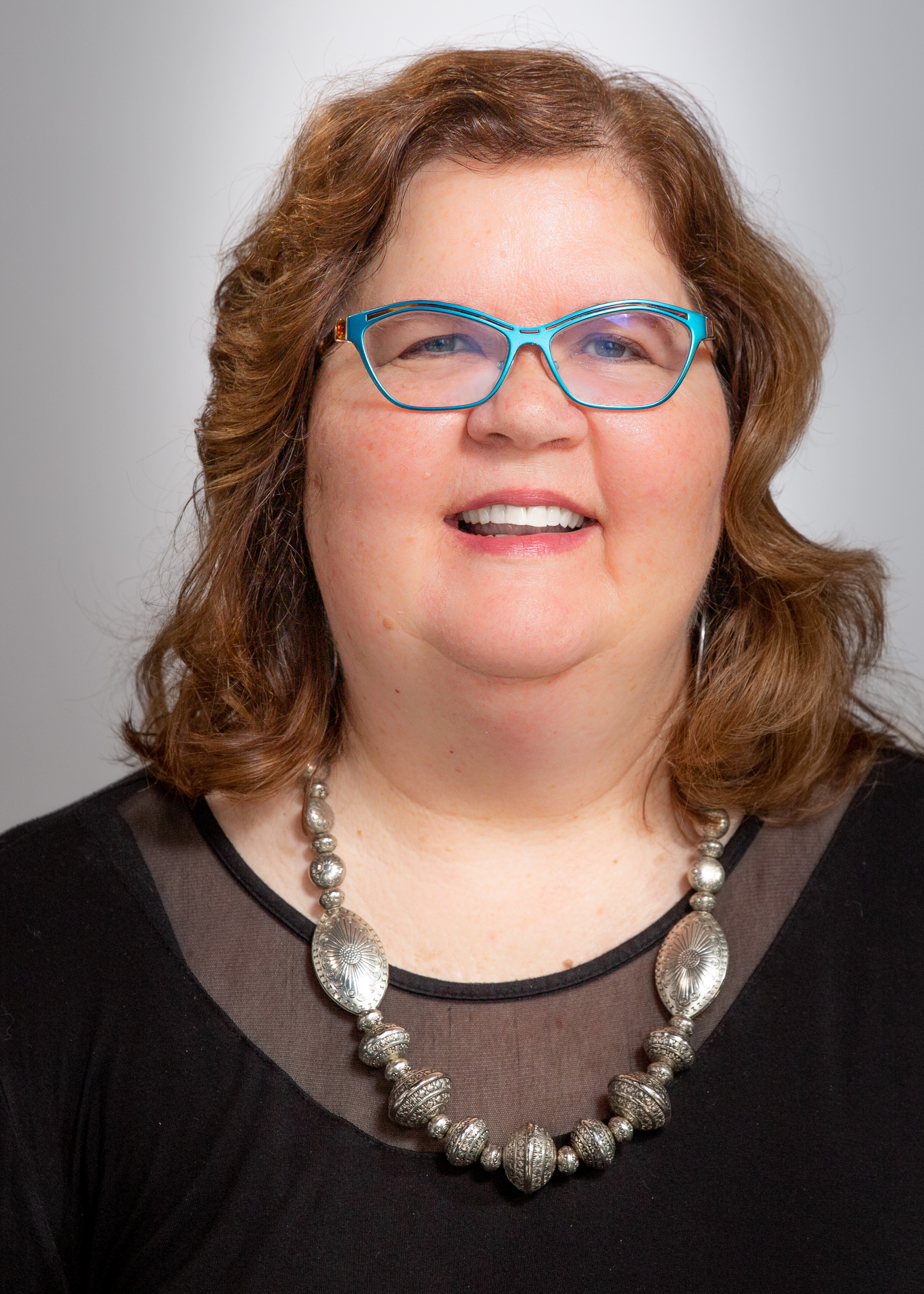
Education Celebration
Program Boosts Nursing Graduation Rates
From clinics to prisons to research labs, nurses are needed everywhere across New Mexico. Now, a statewide consortium is working to ensure nursing students have education opportunities as flexible as the work prospects they will encounter after graduation.
The consortium allows university and community college partnerships so that students can complete all their classwork without attending The University of New Mexico’s Albuquerque campus, yet be awarded degrees from UNM, according to Judy A. Liesveld, PhD, associate dean for Education and Innovation in the UNM College of Nursing.
 It is important for nursing students to be able to access educational resources throughout their careers, yet for many years, rural students faced numerous barriers to an education. Schedules and course offerings were varied and it could be difficult to transfer educational credits. The consortium’s common statewide curriculum allows ease of transferability if needed.
It is important for nursing students to be able to access educational resources throughout their careers, yet for many years, rural students faced numerous barriers to an education. Schedules and course offerings were varied and it could be difficult to transfer educational credits. The consortium’s common statewide curriculum allows ease of transferability if needed.
More than 10 years ago, a New Mexico Legislature memorial created the New Mexico Nursing Education Consortium (NMNEC) to address those issues, with the ultimate goal of graduating more nurses throughout the state. The consortium’s mandate was to create a coordinated system of education throughout New Mexico’s colleges and universities for nursing and nurse education.
The results have been stellar.
In 2014, UNM and New Mexico State University were the only two universities in the state that awarded bachelor of nursing (BSN) degrees, graduating 240 students a year. Now, BSN courses are being offered in nine schools in 13 locations throughout New Mexico, and the BSN graduates now total approximately 360 a year – greatly increasing the number within five years in a state starved for BSN-prepared nurses, Liesveld says.
“NMNEC is really about honoring all the pathways into nursing and to promote academic progression in nursing,” she says. “If you start as a licensed practical nurse, you have a network and resources to encourage you to go on to the next educational step all the way to graduate education.”
Leaders knew the key to overhauling the system would lie in focusing on students and the challenges they were facing. Prerequisites varied throughout the state and it was hard to continue an educational track if one was forced to move during training.
“The unique thing about NMNEC is that it has a common, statewide curriculum, so everyone teaches the same curriculum in all of these state-funded schools,” Liesveld says. “It means a student can more easily transfer between schools if need be, so, if someone might be at San Juan College in Farmington and then needs to move to Albuquerque, if we have a seat open in our schools, then they can transfer in.”
With the collaboration, community college students have the opportunity to complete an associate degree or be a co-enrolled student with the community college and the university and take additional courses for a bachelor’s degree. It means that at the end of four years they can receive a BSN from UNM in addition to their associate’s degree – all without ever having to attend classes on UNM’s campus. Currently, the UNM College of Nursing partners with San Juan College, Santa Fe Community College, Central New Mexico Community College, and with UNM’s branch campuses, Taos, Gallup and Valencia.
“So, you can take all of your classes without going to Albuquerque and, in the end, be awarded degrees from both the community college and UNM,” Liesveld says.
“I always tell people thinking about nursing that it is probably the most flexible career you could ever have,” Liesveld adds. “Today, it not just about the traditional role as a bedside nurse. There are so many opportunities.”
Creating a more flexible, student-focused educational program also benefits patients throughout the state.
“I love our collaborative,” she says. “We have a good community of nurses working together throughout the state on improving the health care of New Mexico.”